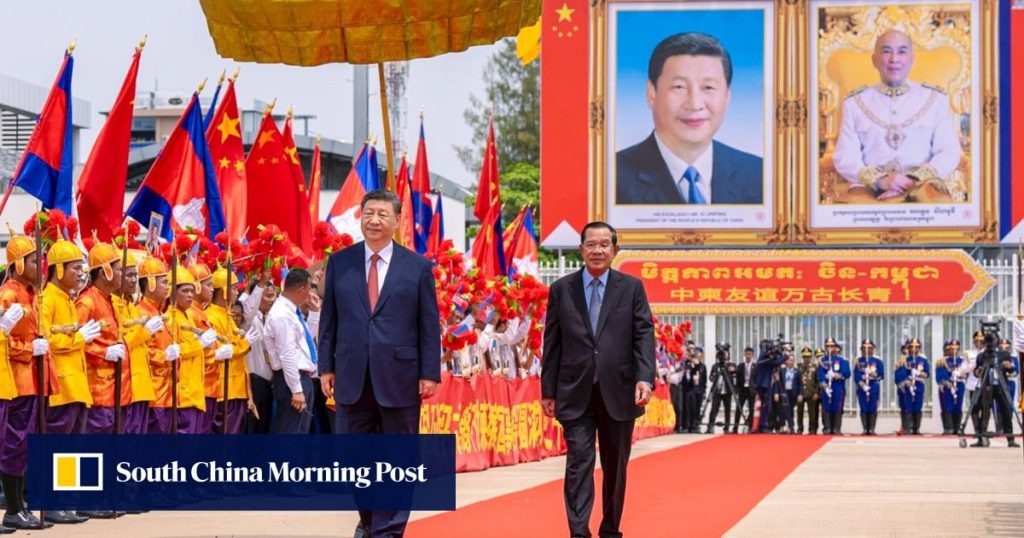President Xi Jinping’s new regional security model, unveiled shortly before his Southeast Asian tour last month, reflected China’s aspiration to emerge as a regional security provider while excluding external meddling, particularly from the US, observers said.
But analysts cautioned that Beijing’s efforts to project itself as a benign security partner remain challenging, amid escalating territorial disputes with its neighbours, notably in the South China Sea, and the escalating rivalry with Washington.
Days after the central party conference, Xi departed for a whirlwind tour of Vietnam, Malaysia and Cambodia, where he positioned China as a stable partner, urging stronger cooperation to resist the “unilateral bullying” of President Donald Trump’s escalating tariff wars and to “safeguard our shared Asian home”.
Analysts said that the new framework aligned with Xi’s “Asian Security Concept”, articulated at the 2014 Conference on Interaction and Confidence-Building Measures in Asia (CICA) in Shanghai.
“In the final analysis, it is for the people of Asia to run the affairs of Asia, solve the problems of Asia and uphold the security of Asia,” Xi declared then, in a subtle rebuke of then US president Barack Obama’s Asia-Pacific rebalancing strategy.


